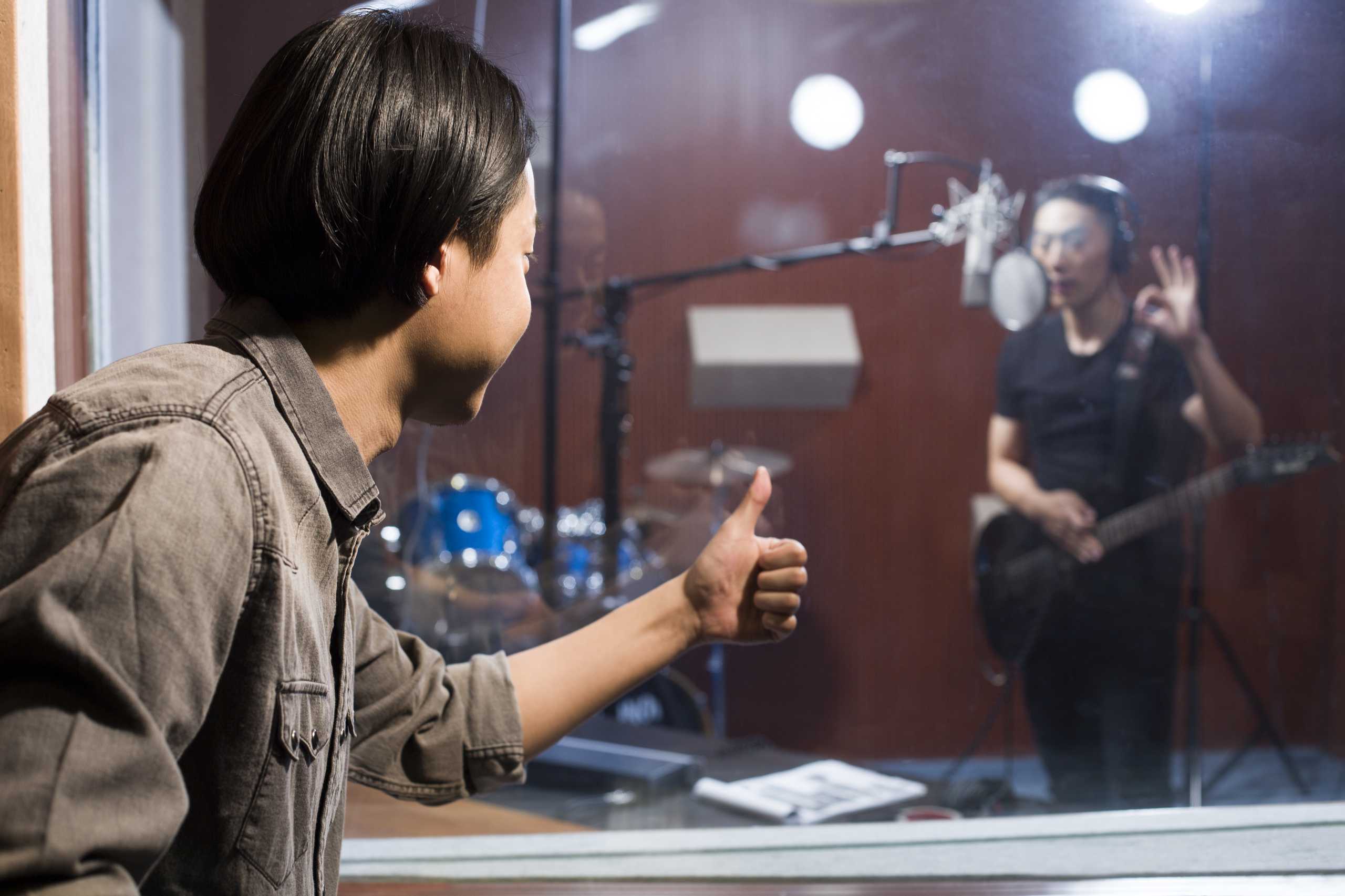The Best Fluffy Pancakes recipe you will fall in love with. Full of tips and tricks to help you make the best pancakes.

A confident stage voice is more than simply speaking loudly—it is the combination of clarity, control, and emotional resonance. At VoiceStageArt, we believe that every performer has a unique vocal potential waiting to be discovered and nurtured. Unlocking this potential requires understanding your voice, practicing deliberately, and learning to convey emotion authentically.
Breath as the Foundation of Vocal Power
Breathing is the cornerstone of a strong, expressive voice. Without proper breath control, even the most talented speaker can sound weak or strained.
- Diaphragmatic Breathing: Deep, controlled breaths from your diaphragm provide steady support for projection.
- Breath Exercises: Daily practice, such as sustained notes or gentle humming, strengthens your lungs and voice stamina.
- Relaxation Techniques: Tension in the shoulders, neck, or chest can block airflow. Simple stretches and posture exercises help maintain an open, relaxed channel for sound.
By mastering your breath, you not only improve projection but also reduce vocal fatigue and increase confidence during performances.
Articulation and Clarity: Making Every Word Count
Clear articulation ensures your audience understands and connects with your message. A voice that is crisp and precise makes a lasting impression.
- Consonant Drills and Tongue Twisters: These sharpen precision and improve the speed of delivery without sacrificing clarity.
- Resonance Practice: Focusing on resonance allows your voice to carry naturally, avoiding strain while speaking or singing.
- Pacing and Pauses: Intentional pauses and controlled pacing make speech more engaging and impactful.
Expressing Emotion Through Your Voice
A truly compelling performance is not just heard—it is felt. Emotions give life to words, creating a connection between performer and audience.
- Tone Modulation: Varying pitch and volume conveys different emotions and keeps listeners engaged.
- Authenticity: Speak from genuine feeling rather than artificial expression. Authenticity resonates far deeper with your audience.
- Storytelling Techniques: Use narrative structure, emphasis, and rhythm to enhance emotional delivery.
Building Stage Confidence
Confidence is what transforms technical skill into performance artistry. Even the most skilled voice can fall flat without presence and poise.
- Preparation is Key: Rehearse your material until it becomes second nature.
- Self-Recording: Listening to recordings of your own voice reveals strengths and areas for improvement.
- Visualization: Imagine the audience reacting positively and see yourself delivering flawlessly—it reduces stage anxiety and enhances presence.
- Small Wins: Celebrate progress, whether it’s mastering a difficult passage or holding steady under pressure. Confidence grows incrementally.
Integrating Your Skills
- Combine breath control, articulation, and emotional expression into cohesive practice sessions.
- Focus on one element at a time before bringing them together.
- Perform regularly, even in front of a mirror or with small groups, to solidify your skills.
By committing to these principles, your voice will not only sound stronger and more polished but will also carry the emotion, energy, and authority needed to captivate any audience. Every voice has the potential to inspire—VoiceStageArt gives you the guidance to unlock it fully.




